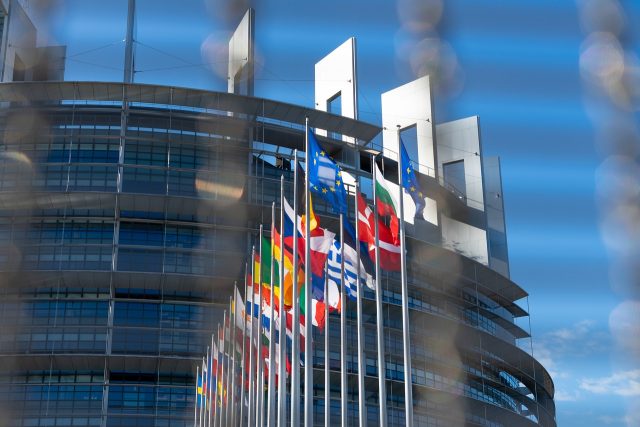
An Italian Success in Europe
The appointment of Bruna Szego to lead the European Anti-Money Laundering Authority (Amla) represents a significant recognition for Italy and for the profile of excellence that the Milanese official has built over a long career. The European Parliament’s nomination for her presidency marks the first step in a process that will see her candidacy submitted to the European Commission and, subsequently, to the final vote of the European Parliament and the governments of the Member States of the Union.
The selection of Szego took place after an intense round of closed-door hearings in Strasbourg, where the three candidates – in addition to the Italian, the German Marcus Pleyer and the Dutch Jan Reinder de Carpentier – presented their visions for the future of Amla. The Committee on Economic and Civil Liberties has rewarded Szego’s expertise and strategic approach, preferring her with a large majority, despite the minority objection of the European People’s Party (EPP).
Who is Bruna Szego?
From Milan, Szego has dedicated much of her career to the Bank of Italy, which she joined in 1990, becoming recognized as one of the leading experts in anti-money laundering at national and European level. Her experience has proven crucial in addressing the complexity of the fight against money laundering and ensuring the safety and integrity of financial systems, not only in Italy but also at the Community level. Her leadership is characterized by a pragmatic approach and the awareness that the success of the AMLA will largely depend on cooperation between Member States. Szego herself has repeatedly emphasized that this collaboration could encounter obstacles but has declared herself ready to face them with determination and strategic vision.
A complex selection process
Szego’s candidacy is the result of a competitive and politically delicate process. After Frankfurt had obtained the seat of AMLA in February 2023, the presidency of the agency had become a battleground between various European countries. Italy, supported by the government and in particular by the Minister of Economy Giancarlo Giorgetti, pushed hard for the indication of Szego, counting on his experience and credibility.
The German Marcus Pleyer, supported by the EPP and considered a high-profile candidate thanks to his role as Deputy Director General of the Ministry of Finance in Germany, impressed with a brilliant hearing. However, his proximity to the decision to assign the seat to Frankfurt contributed to a perception of “imbalance” in the choices in favour of Germany, making his candidacy less attractive.
The Dutch Jan Reinder de Carpentier, member of the Single Bank Resolution Committee, on the other hand, failed to convince the European parliamentarians, offering a performance defined as “superficial” and not up to expectations. In the end, Szego was chosen as the strongest name, with the cross-party support of the parliamentary groups, despite some reservations expressed by the EPP, which asked to include a minority opinion in the final decision.
The future challenges of the Amla
The European Anti-Money Laundering Authority is set to become operational in 2025, with headquarters in Frankfurt and a staff of over 400 employees. Its mandate is ambitious: to tackle financial crime, protect the integrity of the European banking system and coordinate the efforts of the Member States to ensure effective prudential supervision.
Bruna Szego will be responsible for leading the Amla in this delicate start-up phase, defining strategies and operational priorities. Her experience in the Bank of Italy and her deep knowledge of European mechanisms will be crucial to building an authority capable of achieving concrete results. In a context in which money laundering represents a significant threat to the economic and reputational stability of companies and financial systems, the commitment of the new agency will be crucial. There will be no shortage of challenges, from the need to overcome internal political resistance within Member States to building an effective collaboration network with national authorities.
An opportunity for Italy and Europe
The nomination of Bruna Szego as president of the Amla is a success for Italy, which demonstrates that it has high-level figures ready to lead key institutions at the European level. At the same time, it represents an opportunity to strengthen the EU’s commitment to fighting financial crime, reaffirming the value of transparent and cooperative management of common challenges. With the final confirmation of her nomination, Szego will be called upon to write a new page in the history of European financial supervision, putting competence, integrity and determination at the centre.



 Subscribe
Subscribe